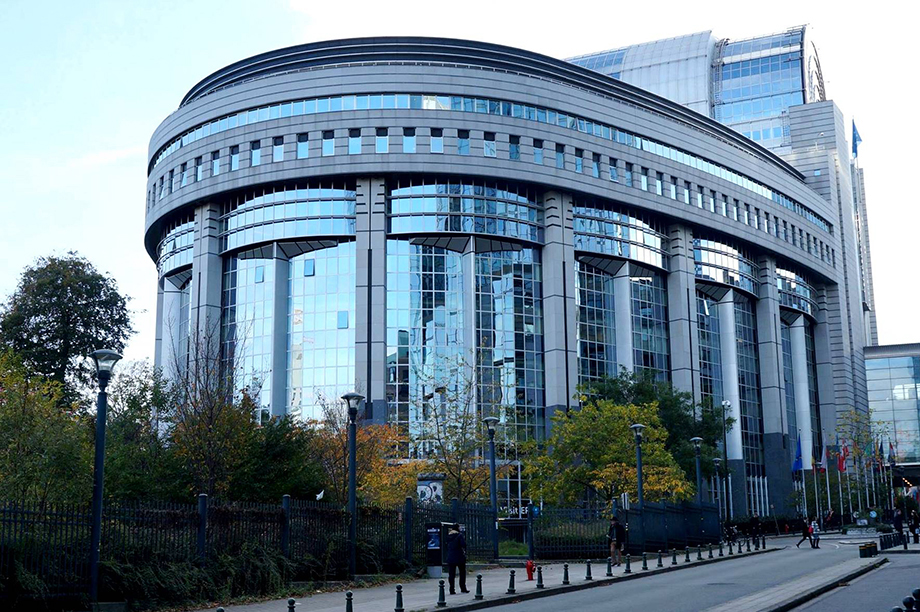It is generally conventional gas and coal power stations that shut down when electricity supply exceeds demand, while wind and solar power installations continue running.
The idea of the reform is that by abolishing 'priority dispatch' for green power, such decisions will be made on a purely market basis.
However, with coal-fired and nuclear plants difficult to ramp up and down, firms in the renewable power sector fear they would be forced to shut down at times of overproduction, a situation for which they currently receive financial compensation.
"The rapporteur believes that for the market to deliver, everyone has to be financially responsible for the imbalances they cause in the system," Krisjanis Karins, a member of the EPP group, wrote in his position on the European Commission's proposal published as part of its 'winter package' of climate and energy policy.
Karins argued that removing the support measure would give all producers an incentive to balance supply with demand and keep the electricity grid stable.
It would also minimise the need to pay operators to keep conventional fossil-fuel power plants on standby to ensure security of supply, he said.
The Latvian lawmaker agrees with the EU executive's view that 'capacity mechanisms' — which critics view as state subsidies to coal, the dirtiest fuel for power generation in terms of CO2 emissions — should be permitted "only as a last resort".
The pressure group Greenpeace welcomed Karins' position on capacity payments, but said it was "beyond nonsensical" to end priority dispatch when climate commitments require a switch to 100% green power by mid-century. "Only if the EU prioritises renewable energy can it achieve this," said policy adviser Sebastian Mang.
The update to rules governing Europe's complex network of linked electricity markets comes as Europe draws an increasing proportion of its electricity from renewable sources, which accounted for 29% of generation in 2015.
The industry and energy committee is due to discuss the draft report at a meeting on 10-11 July. The European Parliament as a whole is expected to adopt early next year its final position, which Karins will represent in negotiations with national governments.
First published on .


.png)


HR.jpeg)
.png)








